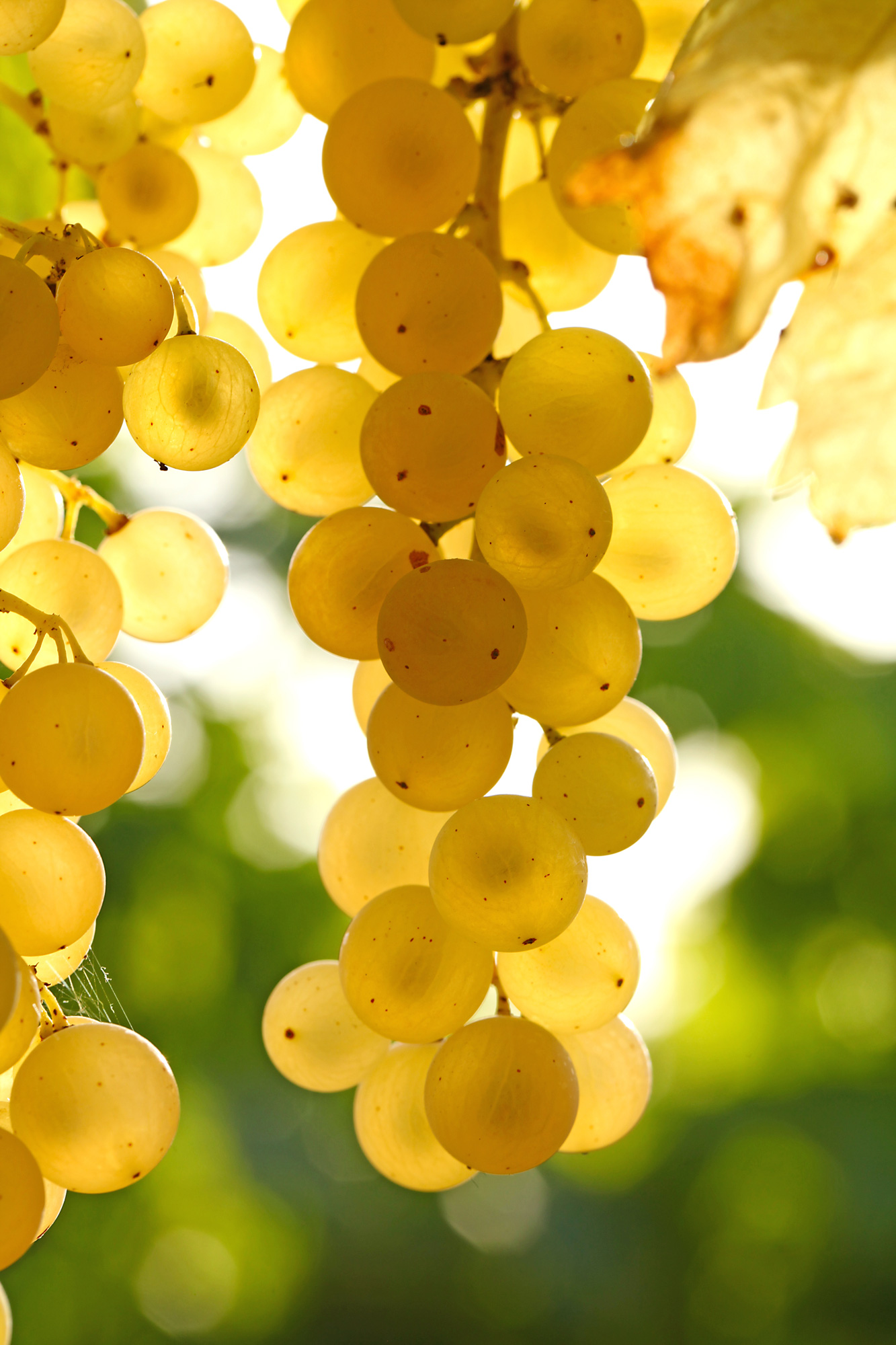
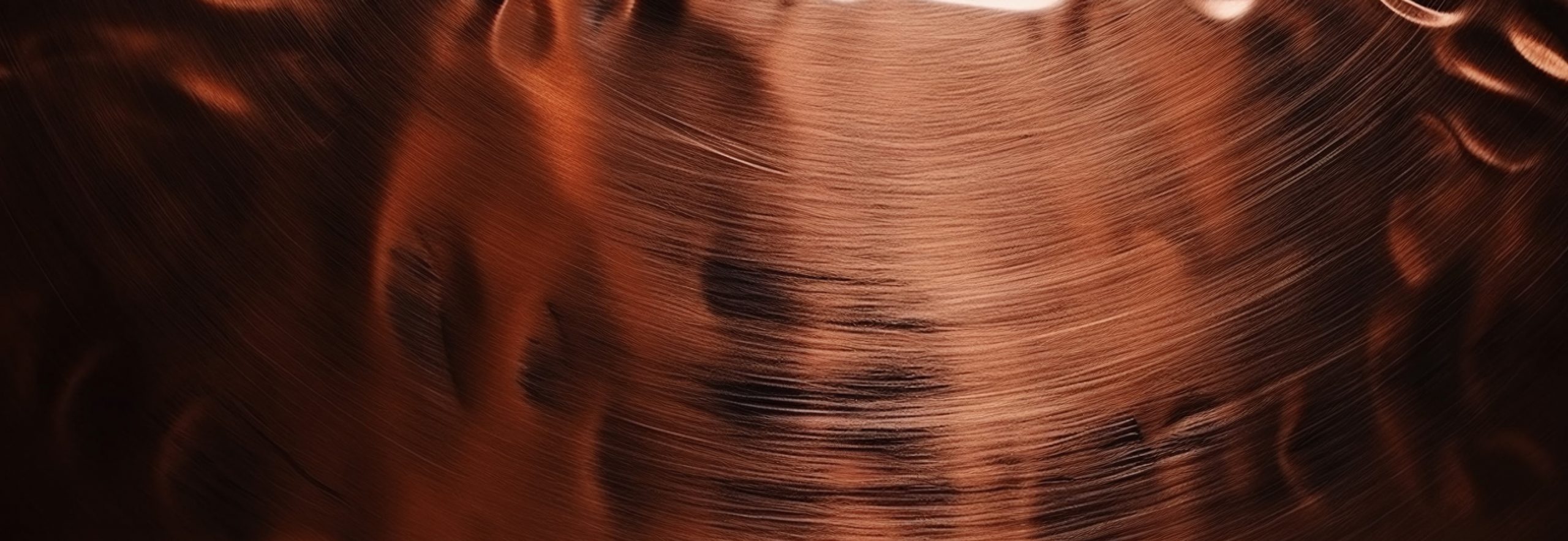
Our FAQ
What is Brandy ?
The word Brandy is derived from from brandwijn – or ”burnt wine”, and grape brandy is a spirit made by distilling wine. The distillate is thereafter normally aged in wooden casks and thereby obtaines a brown colour, whilst some producers choose to add colouring to immitate the ageing effect. A combination of oak ageing and some colouring may also be used as a way to adjust and maintain the same level of colour on the liquid from batch to batch. Brandy normally has a alcohol level between 35% and 60%, and is normally served as a digestif or as a component in drinks.
What is the difference between Brandy and Cognac ?
Brandy has no requirement on being from particular regulation of origin, and the product can come from various different countries, such as Spain, France, Italy, Germany – or from various regions within each country. Although Cognac is also a grape spirit and produced the same way as a brandy is, only distilled wines coming from the different appellations from the Cognac region in France can be used to produce what is called Cognac.
What is organic farming ?
Put simply, organic farming is an agricultural system that seeks to provide you, the consumer, with fresh, tasty and authentic beverages and foods while respecting natural life-cycle systems.
To achieve this, organic farming relies on a number of objectives and principles, as well as common practices designed to minimise the human impact on the environment, while ensuring the agricultural system operates as naturally as possible.
Every time you buy an organic product, you can be sure they were produced according to strict rules aimed at respecting the environment and animals.
Typical organic farming practices include:
- Excluding or strictly limiting the use of chemical synthetic pesticide and synthetic fertiliser, livestock antibiotics, food additives and processing aids and other inputs
- Absolute prohibition of the use of genetically modified organisms
- Wide crop rotation as a prerequisite for an efficient use of on-site resources
- Taking advantage of on-site resources, such as livestock manure for fertiliser or feed produced on the farm
- Choosing plant and animal species that are resistant to disease and adapted to local conditions
- Raising livestock in free-range, open-air systems and providing them with organic feed
Organic farming is also part of a larger supply chain, which encompasses food processing, distribution and retailing sectors and, ultimately, you.
Why choose organic ?
Organic farming contributes to the protection of our natural resources, to biodiversity and animal welfare, and helps the development of rural areas.
When you chose an organic product, you can be assured that the production process and the product;
- contributes to a high level of biodiversity and the preservation of species and natural habitats.
- makes responsible use of energy and natural resources.
- takes account of local and regional balances and encourages the use of on-site resources.
- enhances soil life, natural soil fertility and water quality.
- promotes animal health and welfare.
- meets the specific behavioural needs of animals.
- is produced under controlled organic standards.
- guarantees that all enterprises in the organic sector are regularly inspected by authorities.
Read more on: ec.europa.eu/agriculture/organic/home_en
What is the difference between Tronnes Organic Brandy and otherbrandies ?
Our organic process is certified from the vineyard to the bottling in as much as 5 different steps: Vine growing, harvesting and wine making, distilling, ageing and blending, bottling. Grapes are carefully selected and wines have to be produced in a specific way (no sulphites) to insure that the distillation process will end up in great distillates (eau-de-vie). To achieve the level we wanted to reach, wine had to be distilled both in column pot still and in classic copper pot stills, thus giving us a large choice of different and complex distillates to make a great blend. Later, distillates are being blended and aged in small French oak casks (up to 400 liters) until they appear to be perfectly matured for our quality. After a final blending and quality control, our brandy is bottled.
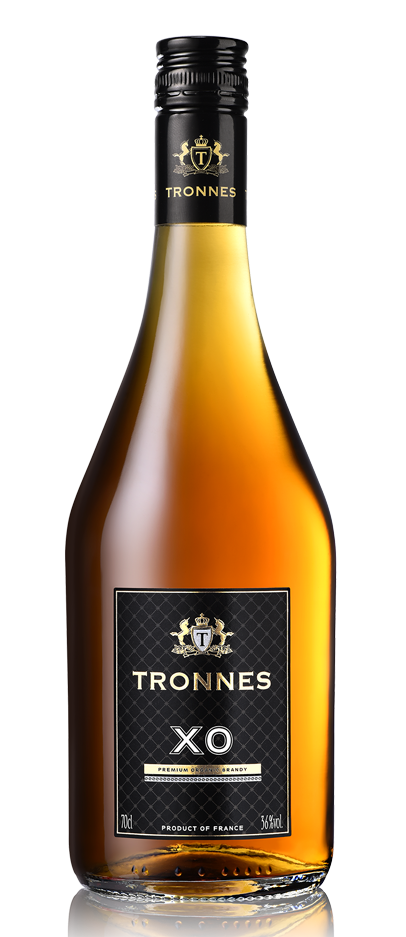
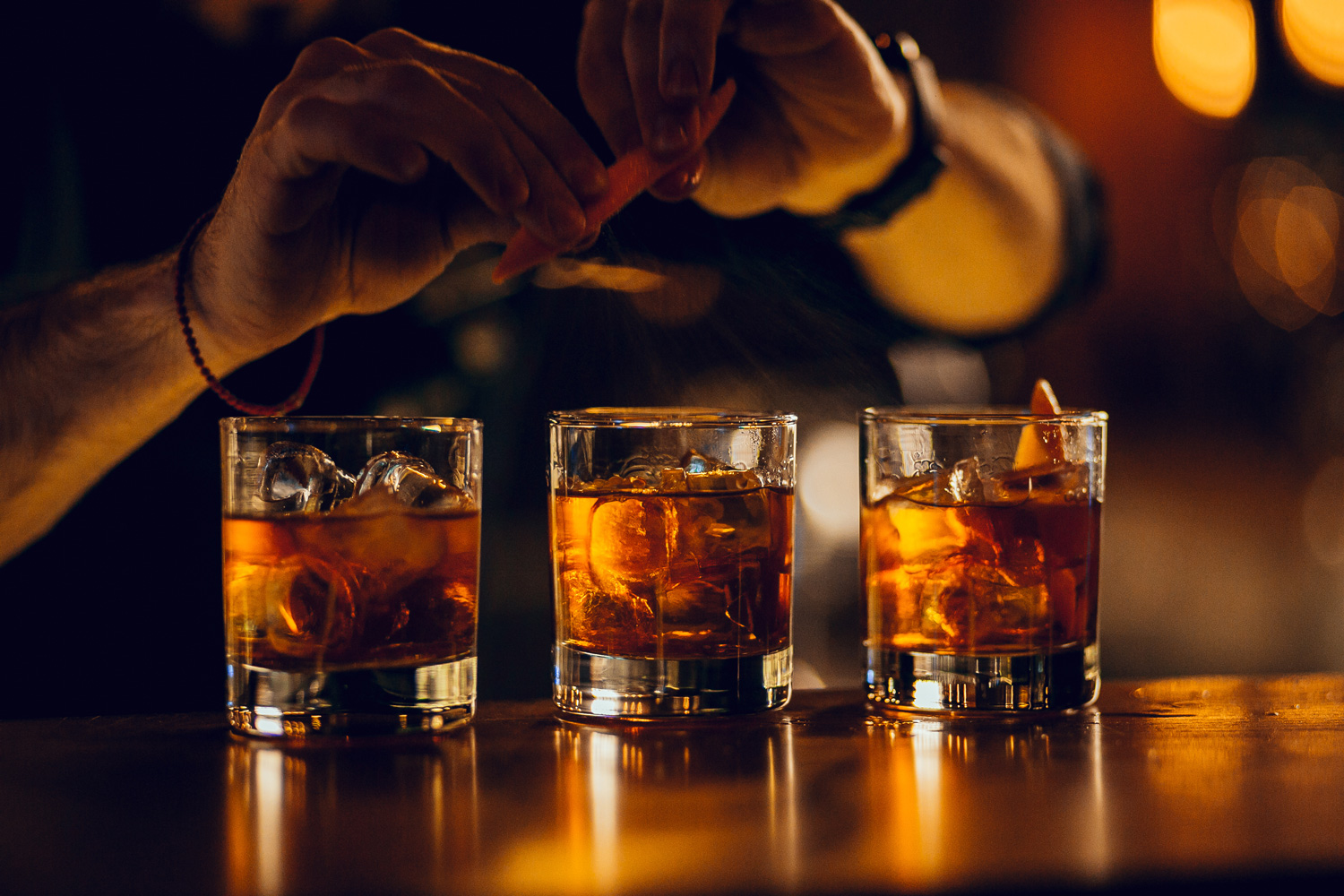
Take the best out
of your Brandy
In our view, brandy should first of all be so well made that it is enjoyable by itself straight from the glass. Ther are however many more ways to enjoy brandy. Discover a few suggestions in our recipes.
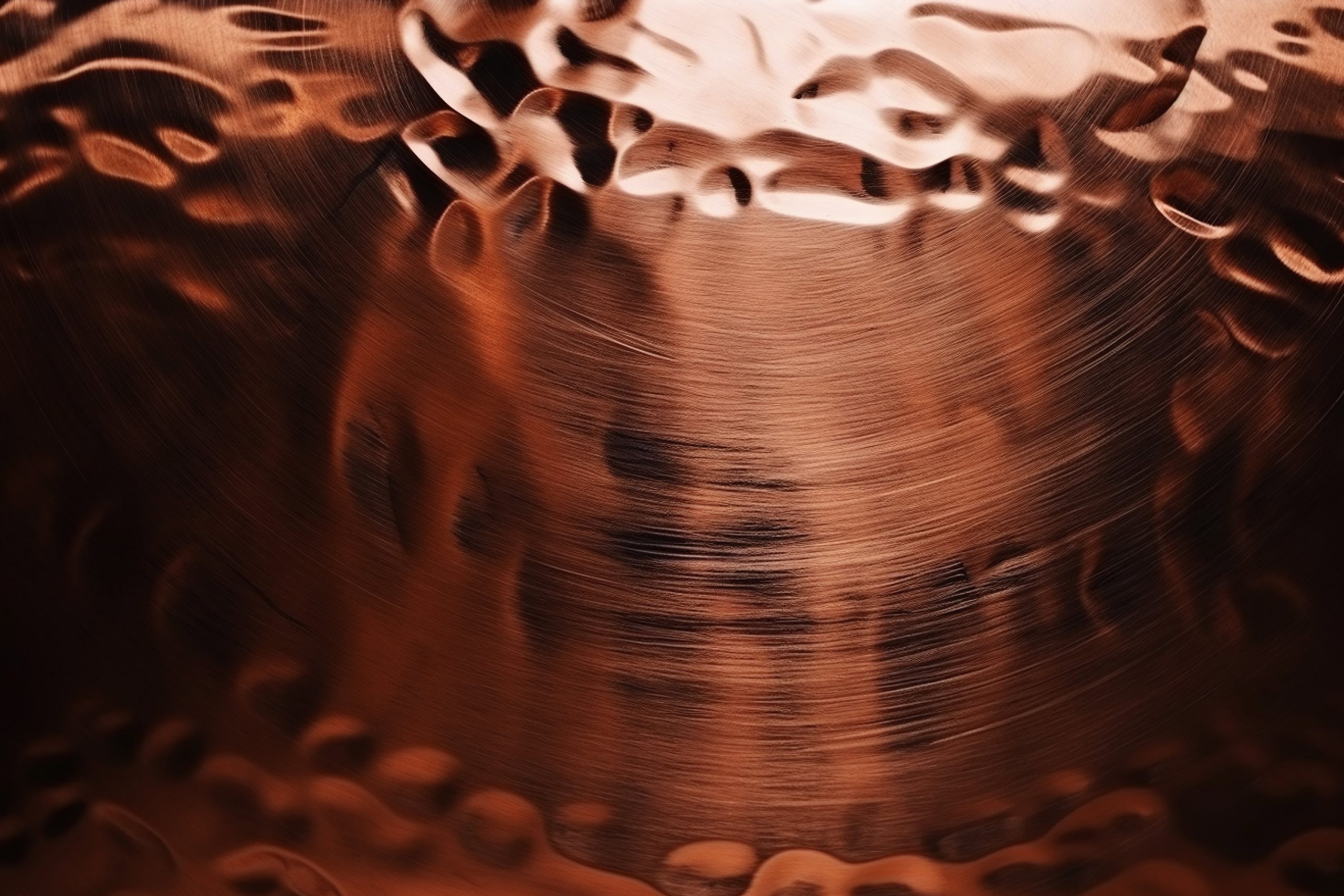
Grape wine
distillate
All Tronnes Brandy have been carefully and patiently aged in our cellars in French oak casks.
Our Experienced master blender has been working with talented distillers to acheive our great blends.
